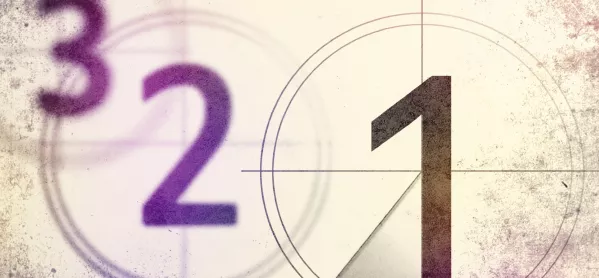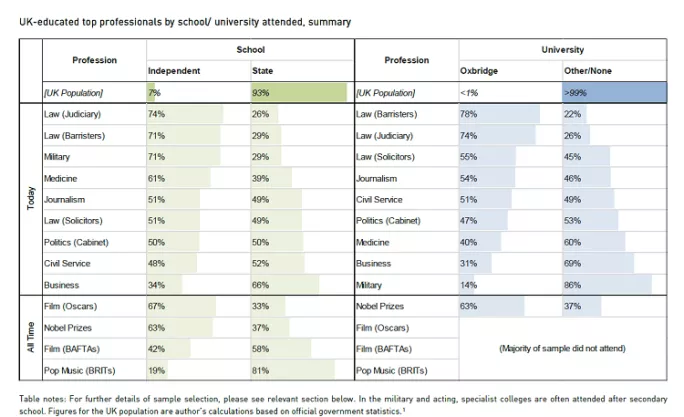Nearly one in five Brit Awards winners went to independent school
Share
Nearly one in five Brit Awards winners went to independent school
Award-winning pop stars are disproportionately likely to have been educated at an independent school, new research from the Sutton Trust social mobility charity shows today.
The study reveals that 19 per cent of Brit Awards solo artist winners attended an independent school, compared with just 7 per cent of the general population.
The research, ”Leading People 2016”, has been published as state-educated Adele, Jess Glynne and the late Amy Winehouse go up against privately-educated Florence and the Machine and Laura Marling for best female solo artist at the Brit Awards tonight.
In the best male solo artist category, four of the nominees - Aphex Twin, Calvin Harris, James Bay and Jamie xx - are state-educated while Mark Ronson was privately educated in New York.
Pop stars and actors from private schools
Report author Dr Philip Kirby, a Sutton Trust research fellow, also points out that over-representation of the privately educated is even more stark in acting, with 42 per cent of Bafta winners educated in independent schools.
In the report, he notes that one reason why pop music may be one of the most accessible high-profile careers for those who have been to state schools is the success of the state-funded Brit school in Croydon, which educated Adele, Imogen Heap and Jessie J, amongst many other famous artists.
But the data on the educational backgrounds of these two groups presents new evidence on how accessible these careers are to talented young people from low and middle-income backgrounds.
The report looks not only at music and film, but maps the educational backgrounds of leading figures in eight other areas: the military, medicine, politics, the civil service, journalism, business, law and Nobel Prizes.
The Sutton Trust has found that over the past 10 years, since it published its first report on those in the legal profession, the educational backgrounds of Britain’s elites has remained broadly stable, with almost a third of MPs, three-quarters of high court and appeals court judges and more than half of the top news journalists educated privately.
A sample of the UK’s top doctors showed that 61 per cent were educated at independent schools. Among the chief executives of FTSE 100 companies who were UK-educated, 34 per cent went to private schools.
Sir Peter Lampl, chairman of the Sutton Trust, said: “Our research shows that your chances of reaching the top in so many areas of British life are very much greater if you went to an independent school. As well as academic achievement, an independent education tends to develop essential skills such as confidence, articulacy and team work which are vital to career success.
“The key to improving social mobility at the top is to open up independent day schools to all pupils based on merit not money as demonstrated by our successful Open Access scheme, as well as support for highly able students in state schools.”
The report recommends that the government should develop an effective national programme for highly able state school pupils, and that after four weeks all interns should be paid the National Living Wage. Internships are often vital for career development, but inaccessible to those from less advantaged backgrounds.
Join the discussion on TES Community.
Want to keep up with the latest education news and opinion? Follow TES on Twitter and like TES on Facebook





